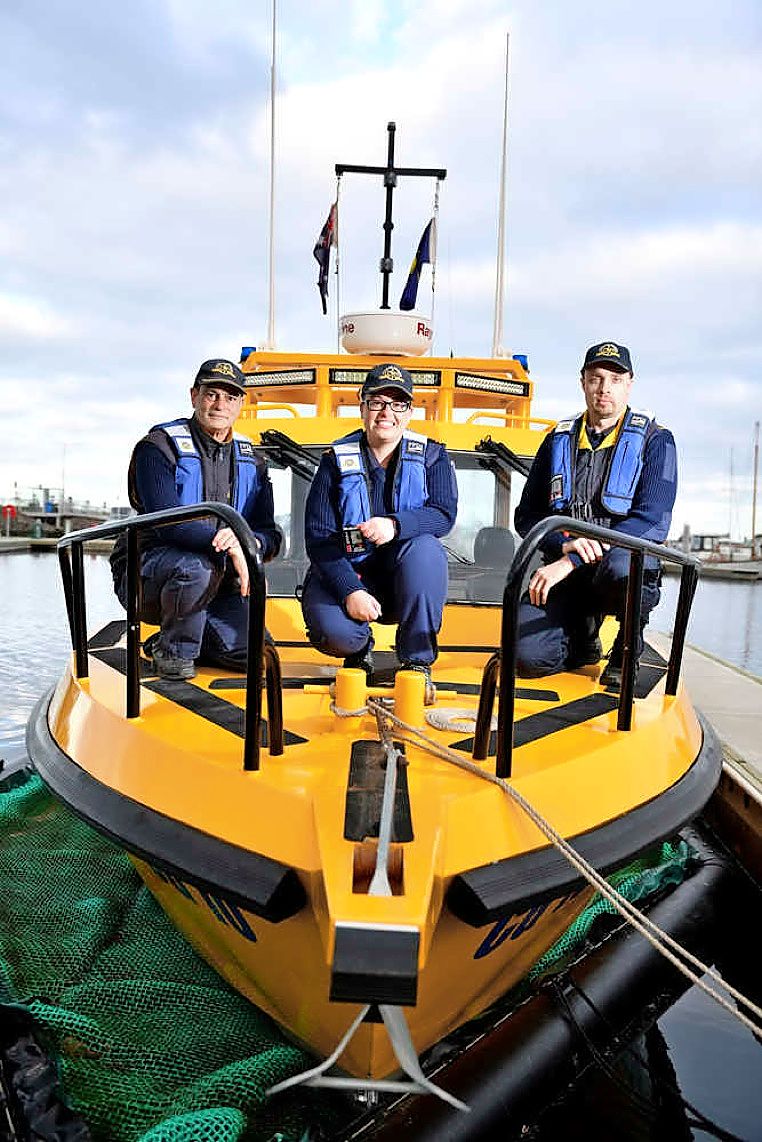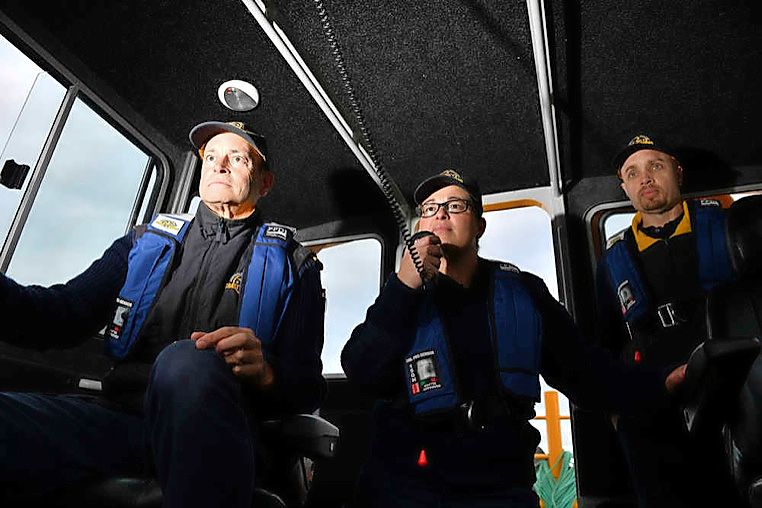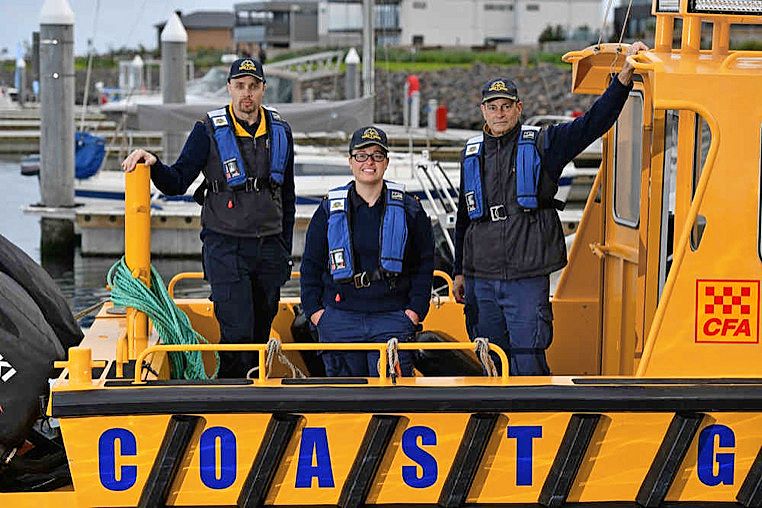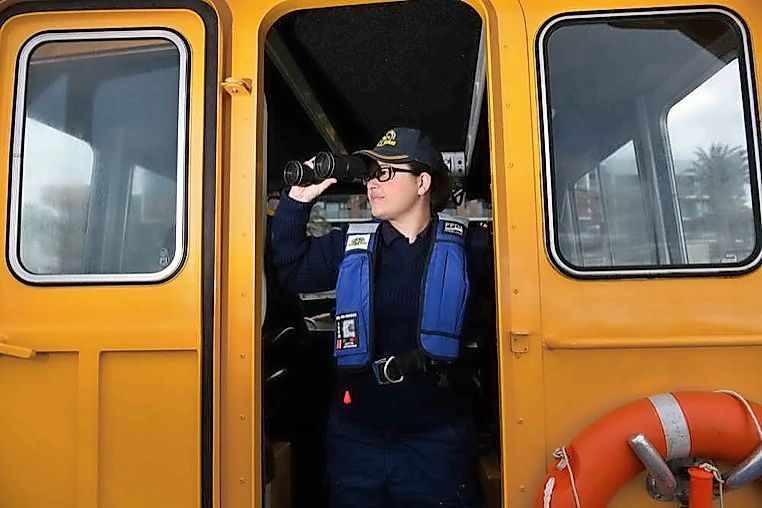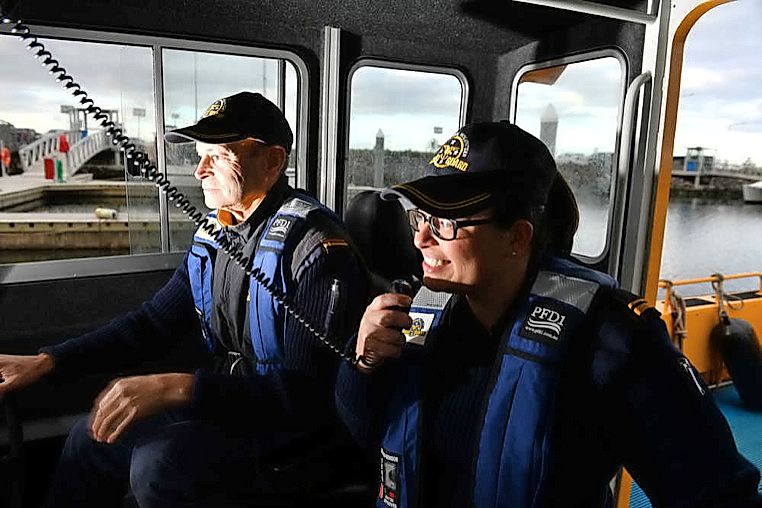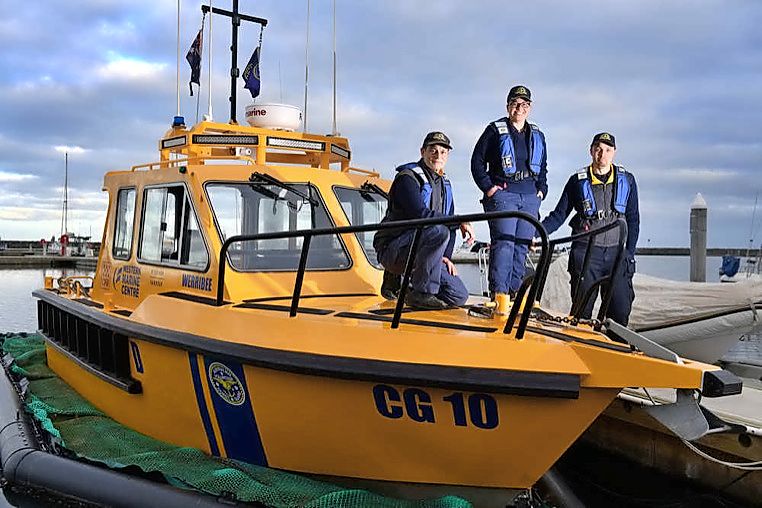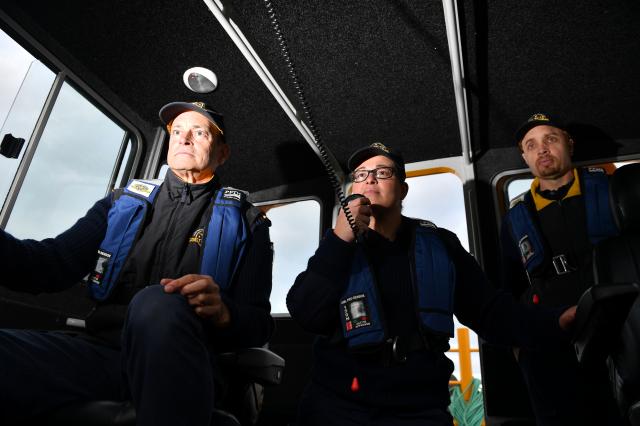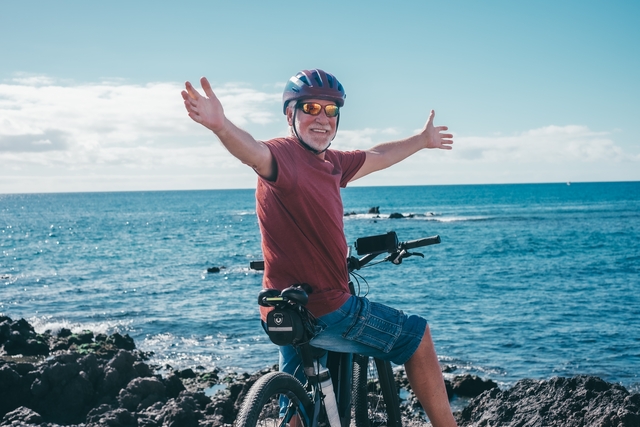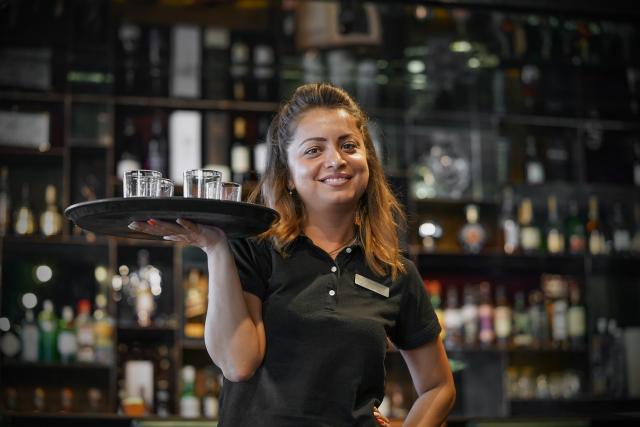When the weather turns bad at Werribee South beach, most sailors and fishermen head for the shore.
But often when the sea is lashing and waves are crashing, it is all hands on deck for the Werribee chapter of the Australian Volunteer Coast Guard Association.
The Werribee unit – known as VF10 or Victorian Flotilla 10 – provides marine search and rescue services to a large section of Port Phillip Bay, including Point Cook, Williamstown, Point Wilson, Portarlington and St Leonards, although they can be called further afield.
Crew commander Bruce Lawrence said it was not always sunny when volunteers from the group were called out to help boat owners in trouble on the water.
“People come in from the sea when the weather is nasty,” Mr Lawrence said.
“But when they come in, that’s when we are going out on our boat.”
He said the Werribee Coast Guard consisted of about 30 volunteers who provided support to Water Police.
If people call triple-0 when their boat breaks down or they get into peril on the ocean, police allocate the jobs to one of the Coast Guard flotillas.
As a flotilla commander, Mr Lawrence has an emergency pager which the call-outs come through to.
He said the calls could range in classification from one to three, with two to three being “a threat to life”.
This requires up to four Coast Guard volunteers to get to the scene as soon as possible, no matter the hour of the day or night.
“When we get a call which says it’s a two or three rating, we are still putting our clothes on in the car,” Mr Lawrence said.
During the past 12 months, the Werribee Coast Guard has helped to rescue about 150 people.

In addition to helping sailors or anglers who get into difficulty, they aid in searches for people missing at sea and assist Ambulance Victoria’s aquatic paramedics with training.
“We put in about 5000 hours of volunteering per year into search, rescue and training,” Mr Lawrence said.
He said that apart from volunteers, financial donations were vital to keep the Coast Guard operating.
“We rely on businesses, grants and a Wyndham council annual grant of around $10,000, which we apply for, to help cover running costs,” he said.
Mr Lawrence said the Werribee Coast Guard’s distinctive yellow boat, known as CG10, costs about $30,000 per year to run, including repairs.
He said that every part of the boat, which measures about eight metres long and weighs three tonnes, had a “working age” and needed replacing after being in use for a certain time.
Mr Lawrence said many of the Coast Guard volunteers, including himself, balanced a full-time job with their volunteering, which did not leave much time for fundraising.
He said out of all the volunteers in the group, the youngest was aged 23 and the oldest were of retirement age.
“I joined the Coast Guard around six years ago, I joined as a trainee, and have been commander for around two years,” Mr Lawrence said.
“I like the people here, the skill that’s involved and the challenge of it.”
Mr Lawrence said that although being a Coast Guard was “very rewarding” it required dedication from volunteers.
He said it took most volunteers about 70 to 100 hours of training, including theory and gaining experience at sea, before they were considered ‘competent crew’ who could be relied on during rescue missions.
“We train like paramedics and everyone else, if you’re on my crew you need to know how to do everything,” he said.
“We need good people.
“Our lives are in each other’s hands, all the time.”

Mr Lawrence said the volunteers trained throughout winter, before the busy summer period started and they would get between six to eight call-outs per day.
He said Coast Guard volunteers would put their names down on a duty roster for shifts, such as Saturdays from 8am to 4pm.
“It’s no easy task to fill up the duty roster, but it has to be done or else there is no search and rescue boat for the fishing community and other people,” he said.
See coastguard.com.au for details.

